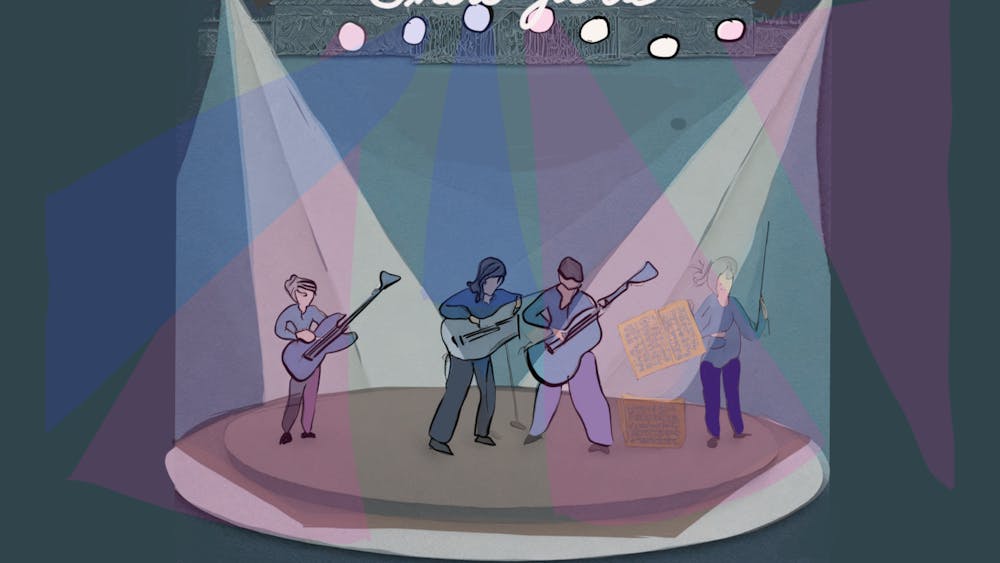LOS ANGELES -- The movie industry is trying a new tactic in its war against people who download pirated copies of films over the Internet -- it's asking nicely.\nMovie studios will launch a campaign Tuesday that includes television ads and in-theater spots featuring makeup artists, set painters and other crafts people saying that piracy robs them of a living.\nThe Motion Picture Association of America also has developed a curriculum on copyrights for use in classrooms by Junior Achievement. The "Digital Citizenship" program covers the history of copyright and culminates with a nationwide contest in which students suggest ways to persuade peers that swapping illegal copies of music and movies is not only illegal, but wrong.\n"I don't expect anyone to have sympathy for me or for other executives," said Peter Chernin, president and chief operating officer of News Corp., whose Twentieth Century Fox studio made the spots. "What we are endeavoring to do is both communicate that it's wrong and also communicate that there are human stakes and that those stakes are not just millionaires making less millions."\nThe film and music industries have been aggressive over the past year or so in enforcing their copyrights in the courts, as well as lobbying for tougher laws to punish those who swap music and movie files over the Internet.\nWhile copies of popular blockbusters can be found on the Internet -- sometimes days before the movie is released to theaters -- computer copies of films are still too large to download easily and are often poor quality copies made using hand-held camcorders.\nMusic files, by contrast, are smaller and are CD quality. That fact led to services such as Napster, which was shut down after legal action taken by the music industry.\nMovie studios believe they still have a few years before Internet connections become fast enough to threaten them in the same way. Studios are experimenting with new business models, including making films available legitimately online through services such as Movielink.\n"We're not sitting on our hands like the music business did," Chernin said.\nUltimately, studios will succeed only if they move quickly to offer legitimate alternatives that consumers want, analysts say.\n"It may just be that consumers aren't quite ready yet to turn to the Internet for movies," said Fred von Lohmann, a lawyer for the Electronic Frontier Foundation. "But when they are, the answer will be to offer them a compelling legitimate alternative, not telling them to behave themselves."\nThe 30-second television ad will have its first run Thursday night on all the broadcast networks and most cable channels during their first prime time break, sometime after 8 p.m. The first of several trailers will begin running Friday in most major theater chains around the country.\nThe first trailer features David Goldstein, a set painter who says that piracy hurts him more than film industry executives. Each ad ends with the tag line, "Movies. They're worth it."\nThe campaign also will include a Web site that outlines the moral implications of illegal downloading as well as the legal and practical consequences.\n"Taking something that doesn't belong to you is wrong," said Jack Valenti, president of the MPAA. "It's in the long term interest of people to understand there is no free lunch"
Studios launch anti-piracy campaign
Get stories like this in your inbox
Subscribe





